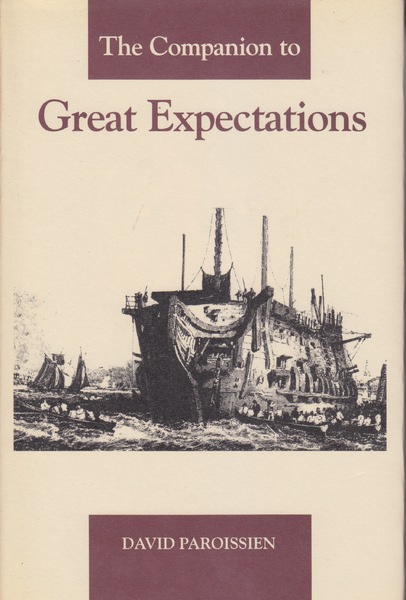Oliver Twist (1837-9), Dickens’ first social novel, introduced its original readers to the shadowy world of London’s juvenile gangs, stealing for master criminals in return for food, accommodation, drink and promiscuous sex. Equally engaging were the novel’s polemical comments
on England’s treatment of the poor, the need for order in the counties surrounding London and the importance of public health in the metropolis. David Pariossien’s Companion recreates these contexts for the modern reader. Dickens’ objections to legislation in 1834 which attempted to reform and revise England’s Poor Laws dating from the 16th century are related to several concerns: his distrust of theories of human nature proposed by the supporters of Jeremy Bentham, his belief that people should be tempted to virtue rather than bullied and threatened, and his deeply felt repulsion for the specific provisions of the Poor Law Amendment Act of 1834. Drawing on government reports of the time and a range of sources, Pariossien also describes how the urban poor buried their dead; the repulsive conditions of some of London’s worst slums like Field Lane and Jacob’s Island; the vivid cant of thieves’ slang and the brutal world of adolescent crime, drink, gambling and prostitution. Literary allusions and the suggested originals of characters are identified and, building a case on textual evidence, Pariossien establishes the site of Oliver’s birthplace and the infamous workhouse in which he asked for more. The Companion shows the extraordinary extent to which Dickens drew on the actual world around him for his first sustained criticism of English society. pp. 506 #0120X Literary Criticism Theory
